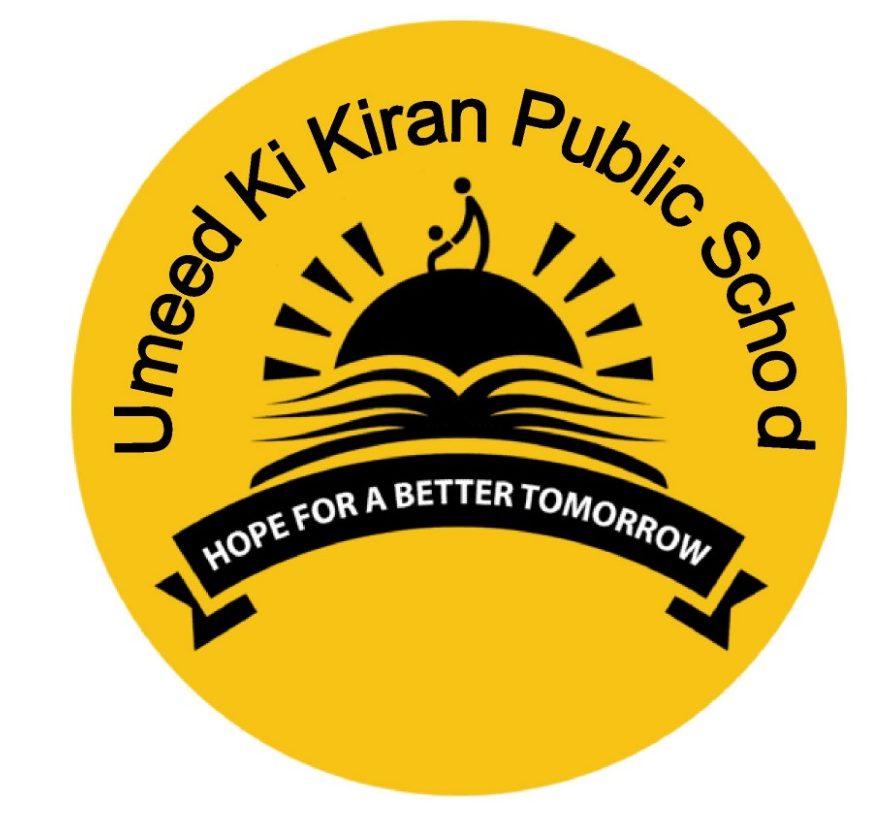
- Instructor: Tom Steven
- Lectures: 8
- Quizzes: 3
- Students: 5
- Duration: 10 weeks
- Language Skills: English classes often focus on developing proficiency in reading, writing, speaking, and listening. Students learn grammar, vocabulary, punctuation, spelling, and syntax to effectively communicate in English.
- Literature: Studying literature exposes students to a diverse range of texts, including novels, short stories, poems, plays, and essays. They analyze literary techniques, themes, characters, and historical contexts to deepen their understanding of the human experience and cultural perspectives.
- Writing: Writing is a fundamental aspect of the English subject. Students learn various forms of writing, such as essays, narratives, reports, persuasive texts, and creative writing. They practice brainstorming, drafting, revising, and editing to improve their writing skills and express their ideas clearly and coherently.
- Critical Thinking and Analysis: English classes encourage critical thinking and analytical skills by engaging students in the interpretation and evaluation of texts. They learn to identify literary devices, analyze authorial intent, evaluate arguments, and draw evidence-based conclusions.
- Communication Skills: Effective communication is essential in both personal and professional contexts. English classes help students develop oral communication skills through activities like discussions, presentations, debates, and public speaking exercises.
- Cultural and Historical Contexts: Literature often reflects the cultural, social, and historical contexts in which it was written. English classes explore these contexts to deepen students’ understanding of literature and its relevance to society.
- Digital Literacy: In today’s digital age, English education also includes digital literacy skills. Students learn how to navigate online resources, evaluate information, use digital tools for writing and research, and understand the ethical implications of online communication.







Leave feedback about this